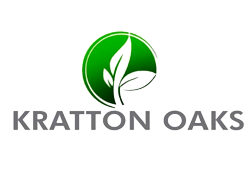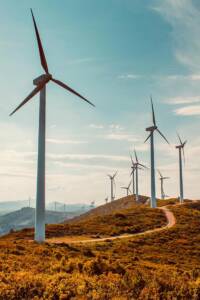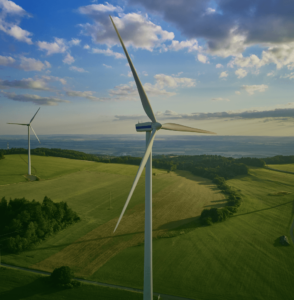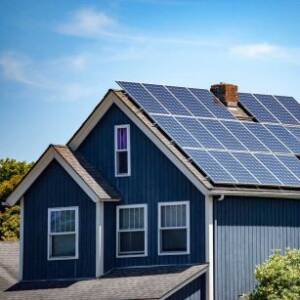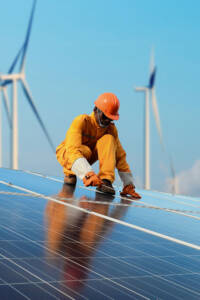In our modern world, energy security has become a pressing concern. As we face the challenges of increasing energy demands and the urgent need to combat climate change, the quest for a reliable, resilient, and sustainable energy supply has gained paramount importance. Luckily, renewable power offers a promising solution, leading the way towards a brighter and more secure energy future. In this article, we embark on an enlightening exploration of the reliability and resilience of renewable energy sources, uncovering their transformative potential in enhancing energy security.
The Reliability of Renewable Energy
Renewable energy technologies have undergone significant advancements, making them increasingly reliable and efficient. Solar power, for instance, has evolved from a niche concept to a mainstream energy source. The development of advanced photovoltaic technology has dramatically improved solar panel efficiency, enabling solar energy to provide a reliable and economically viable source of electricity, even in regions with less sunlight.
Wind energy has also witnessed remarkable progress, with innovative turbine designs and sophisticated grid integration systems. Wind farms are strategically located in areas with consistent wind patterns, ensuring a reliable and stable power generation capacity. Hydropower, a long-established renewable energy source, offers a dependable and dispatchable energy supply, contributing to grid stability. Geothermal energy harnesses the Earth’s natural heat, providing a constant baseload power supply with minimal variability.
Resilience of Renewable Energy Systems
Renewable energy systems exhibit exceptional resilience, making them highly suitable for a changing climate and external disruptions. Wind turbines and solar panels are designed to withstand extreme weather events, such as storms and floods, with robust materials and structures. Distributed renewable energy systems play a crucial role in enhancing energy resilience by decentralizing power generation. Localized generation, coupled with energy storage solutions, ensures continuous electricity supply, even during grid outages.
Moreover, renewable energy reduces energy vulnerability by mitigating the risks associated with fossil fuel dependency. Diversifying the energy mix and reducing reliance on imported fossil fuels enhance a nation’s energy security, shielding it from price volatility, geopolitical tensions, and supply disruptions.
Case Study: Exemplifying Renewable Energy’s Reliability and Resilience
To understand the tangible impact of renewable energy’s reliability and resilience, let’s explore inspiring case studies.
In Germany, the Energiewende (energy transition) has revolutionized the energy landscape. The country’s commitment to renewable energy has demonstrated the reliability and resilience of renewables in a large-scale energy system. Through targeted policies and investments, Germany has reduced its reliance on fossil fuels, achieving significant emissions reductions while ensuring a secure energy supply.
In the Caribbean, where hurricanes frequently devastate communities, resilient renewable energy systems have emerged as a lifeline. Solar panels and wind turbines, built to withstand high winds and adverse weather conditions, continue to generate electricity even in the aftermath of severe storms. These investments in hurricane-resistant renewables have bolstered disaster preparedness and response efforts, providing communities with a reliable source of energy when they need it most.
In conclusion, renewable power stands at the forefront of energy security, offering reliability, resilience, and sustainability. From solar and wind energy to hydropower and geothermal sources, renewables have become increasingly dependable and less vulnerable to disruptions. Their ability to withstand extreme weather events and reduce energy vulnerability makes them crucial in building a secure and sustainable energy future.
By embracing renewable energy technologies, nations can enhance their energy security, reduce greenhouse gas emissions, and create a more resilient energy infrastructure. The reliability and resilience of renewables provide a pathway to a brighter future, where communities can thrive with access to
